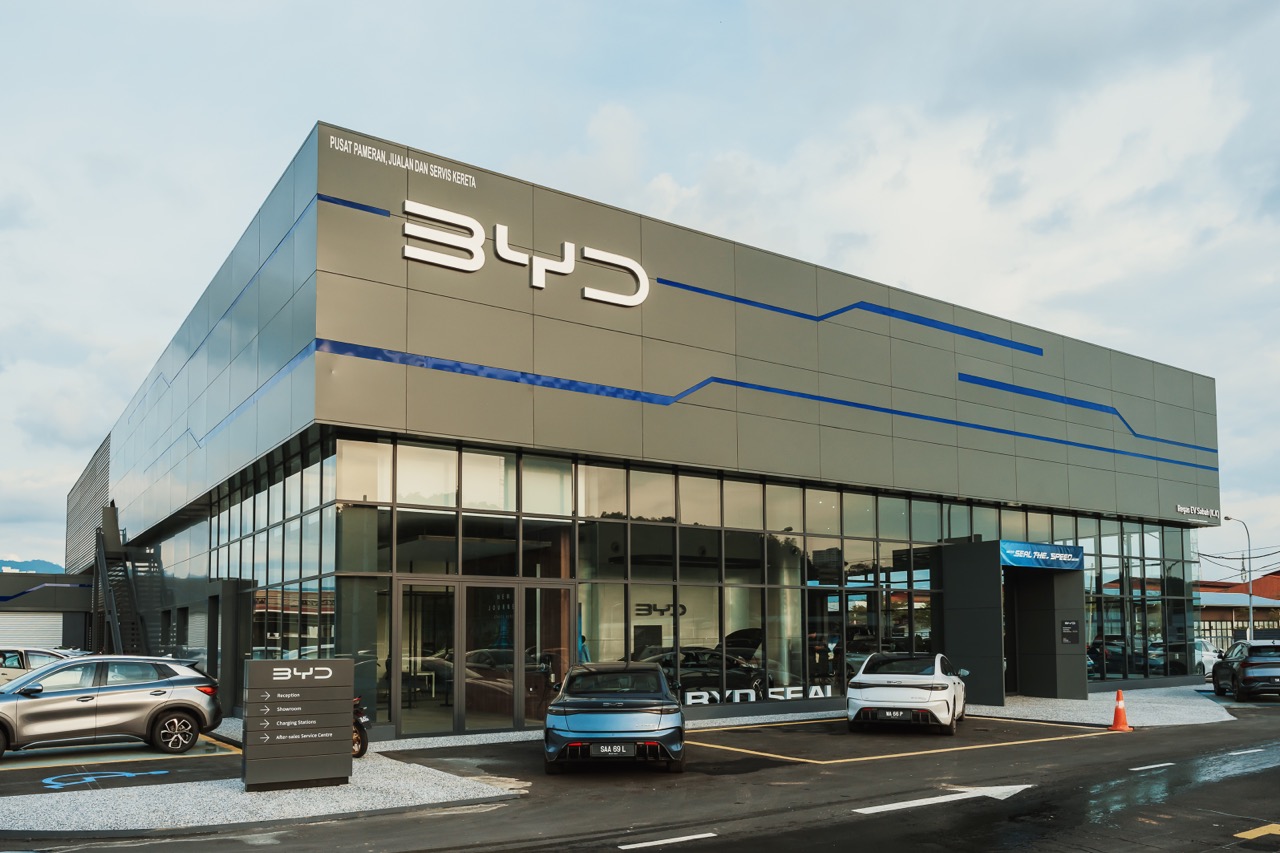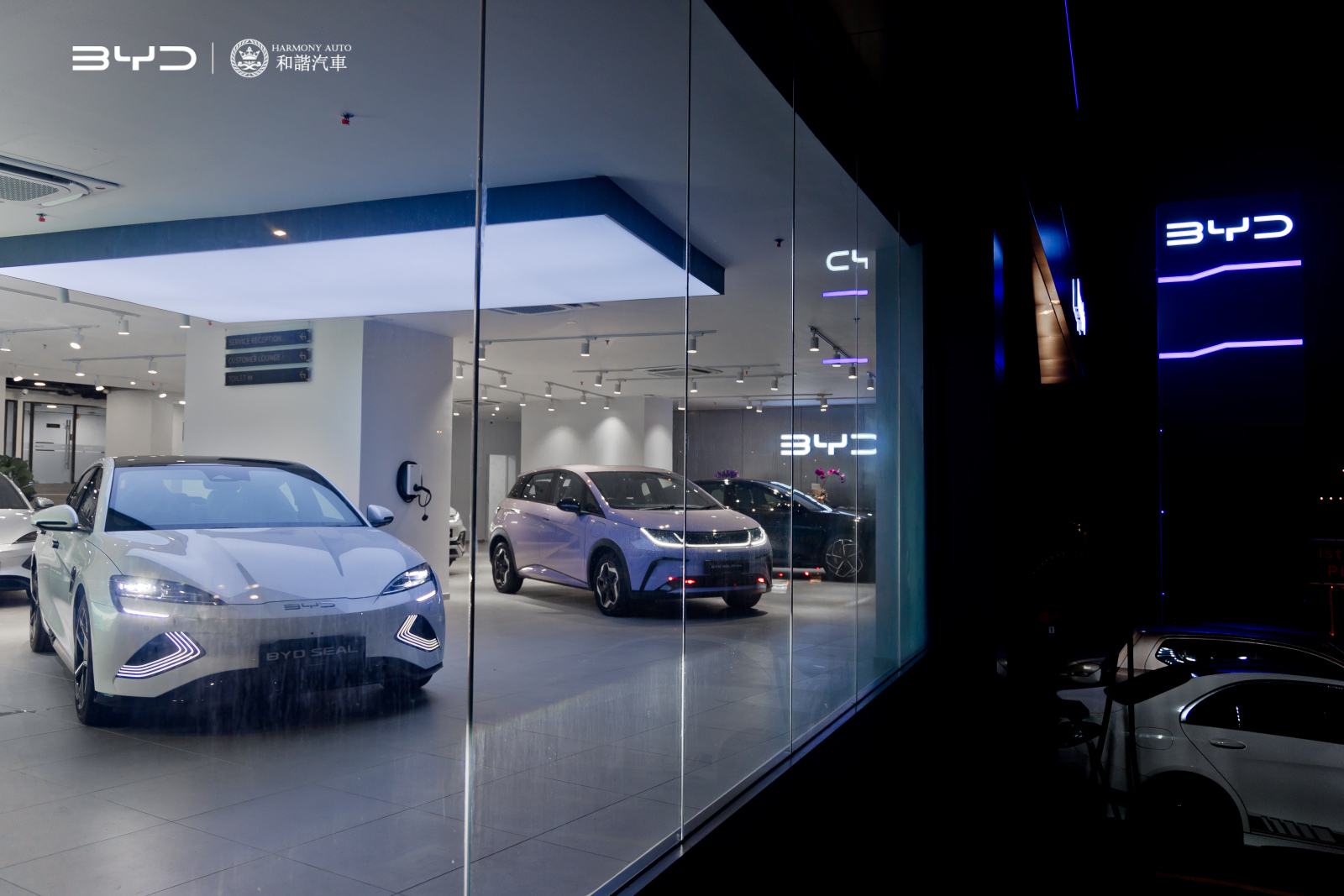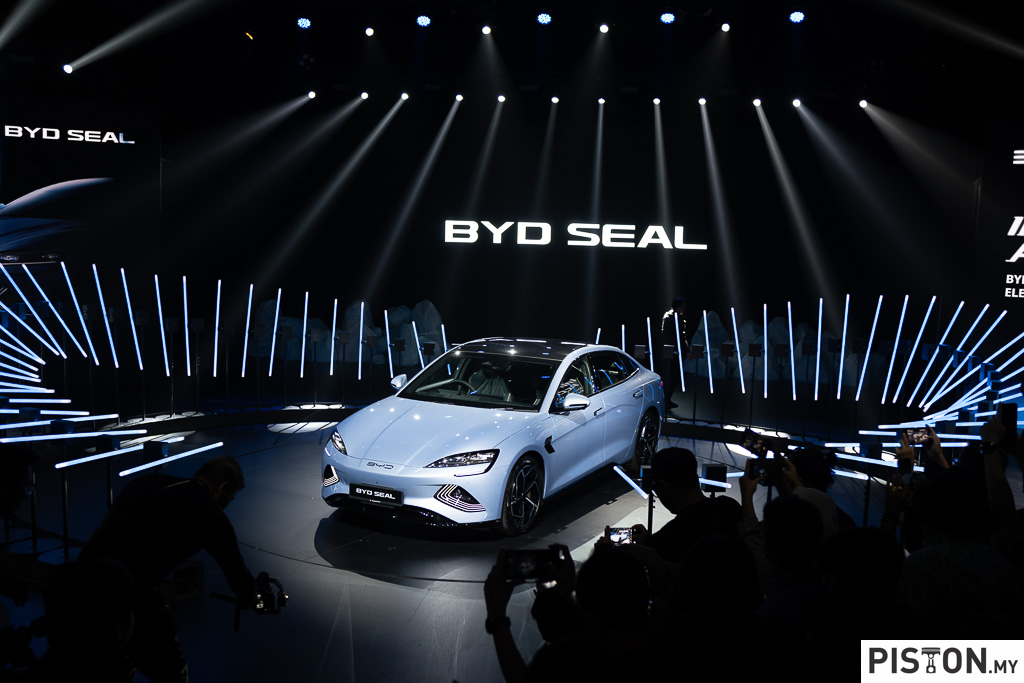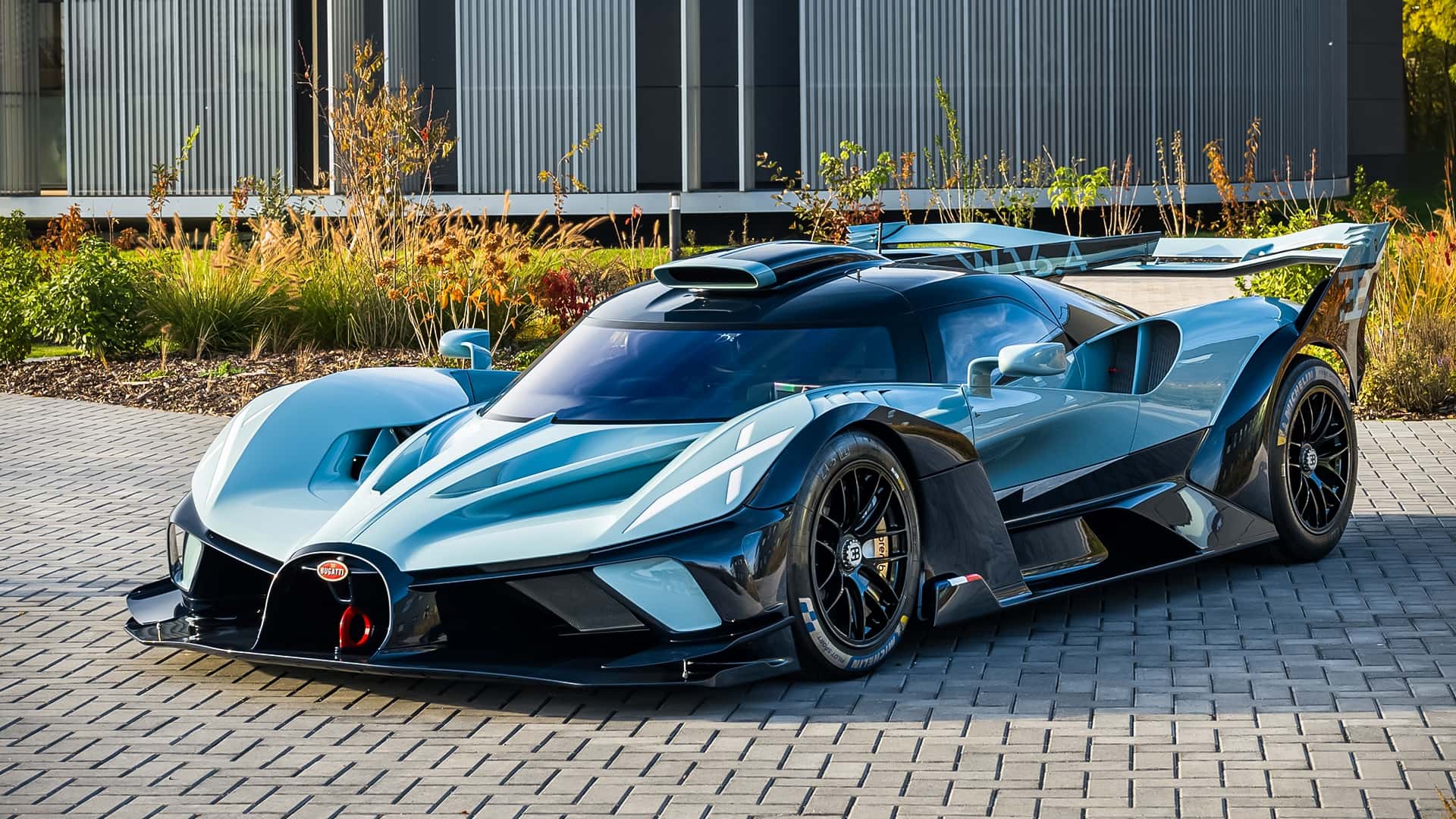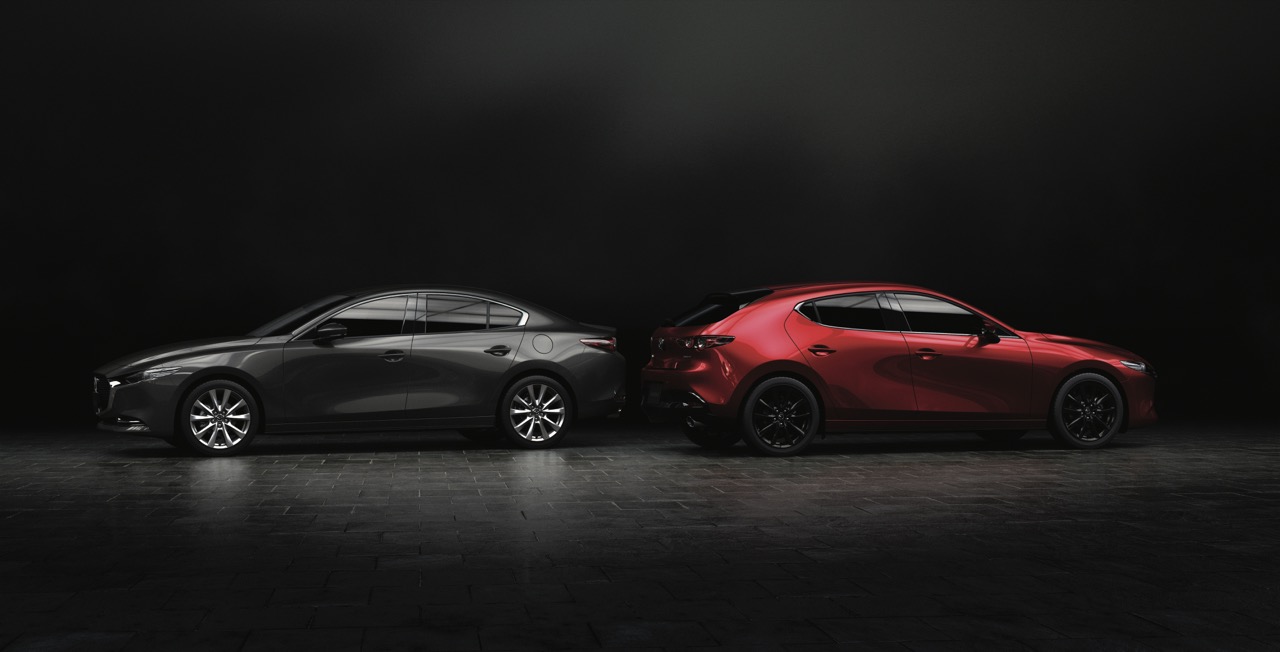China’s Ministry of Commerce is set to hold a closed-door meeting with major automakers and industry groups, including BYD and Dongfeng Motor, to discuss the growing trend of unused registered vehicles being sold as secondhand cars. The meeting comes amid increasing concerns over the implications of this practice on the country’s automotive market and sales dynamics.
The confidential meeting, confirmed by a source with direct knowledge of the matter, will also involve key industry organisations such as the China Association of Automobile Manufacturers (CAAM), the China Automobile Dealers Association (CADA), and several prominent used car trading platforms.
The unusual practice—dubbed “zero mileage secondhand cars”—has sparked debate following recent remarks by Great Wall Motor Chairman Wei Jianjun. In an interview with Sina Finance last week, Wei described how intense price competition in China’s car market has led to a growing number of vehicles being registered and issued licence plates—thereby officially counted as sold—yet remaining undriven. These vehicles are then reintroduced into the market as used cars despite never having been driven, creating a grey area in automotive sales reporting.
Wei estimated that between 3,000 and 4,000 vendors are currently offering such vehicles across various used car platforms in China. Industry observers suggest this tactic may be used by manufacturers and dealers to inflate sales numbers in pursuit of ambitious targets, particularly as the market continues to struggle with excess inventory and sluggish demand.
News of the scheduled meeting sent ripples through financial markets. Shares in key automakers such as BYD and Leapmotor dropped by 3.1%, while Hong Kong’s Hang Seng Automobile Index fell more than 2% following the initial report.
Requests for comment from the Ministry of Commerce, BYD, Dongfeng Motor, and CADA went unanswered, while both Great Wall Motor and CAAM declined to provide statements.
As China grapples with the fallout of a prolonged price war in its automotive sector, the outcome of this high-level meeting could shape future policy direction, influence regulatory responses, and determine how automakers balance competitive pressures with sustainable sales strategies.



